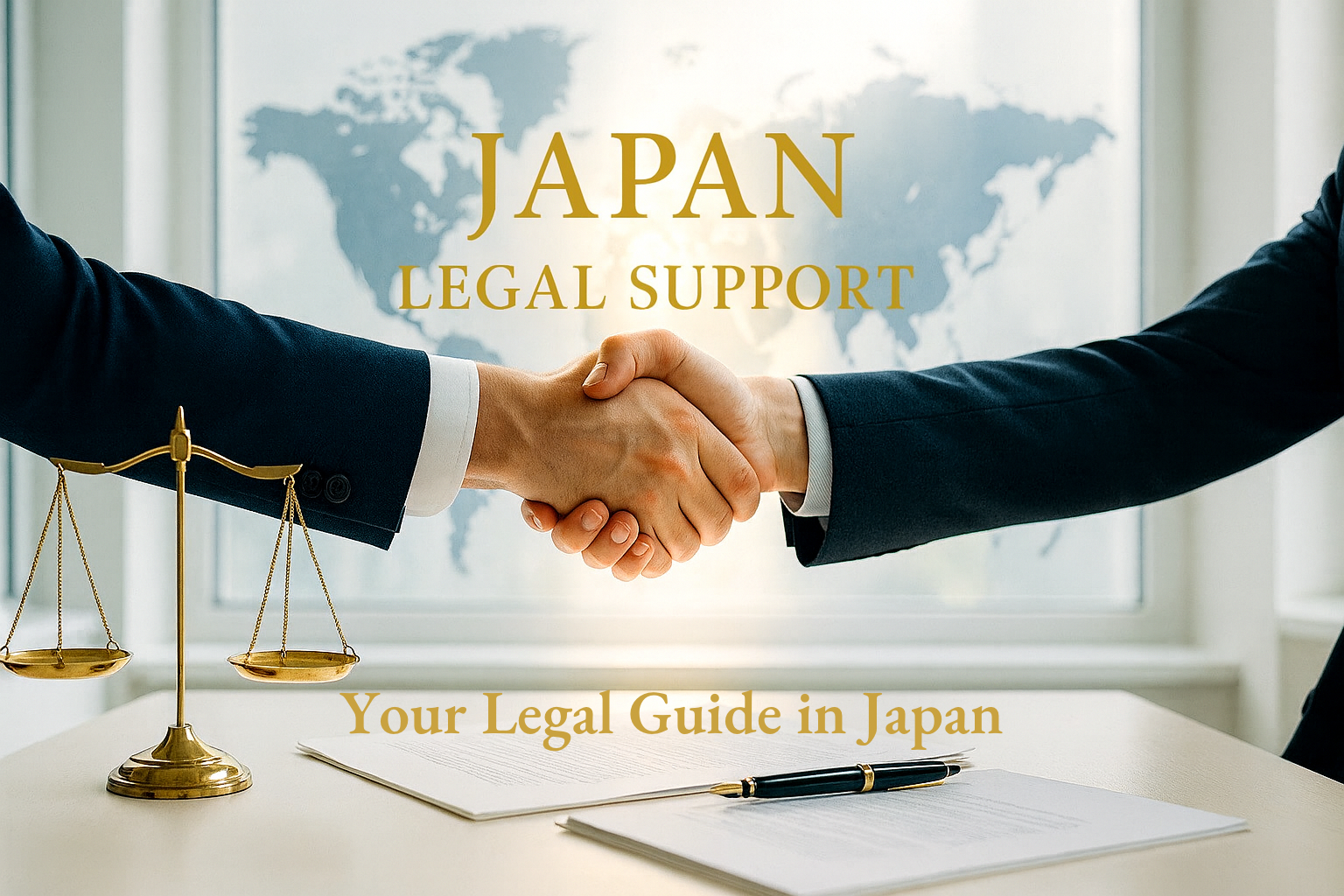Introduction
If you live and work in Japan, you will inevitably encounter income tax (所得税 / Shotokuzei). For most employees, tax is taken care of automatically by the employer. But as a foreigner, you may face special cases—starting or leaving a job mid-year, having side income, or supporting family abroad.
This article gives you the essential points for 2025—just what you need to live in Japan without tax surprises.
What is Income Tax?
Income tax is a national tax on your earnings from January 1 to December 31 each year.
- For employees: Tax is usually withheld from your salary every month through withholding tax (源泉徴収 / Gensen Choshu). At the end of the year, most employees go through a final adjustment called Year-end Adjustment (年末調整 / Nenmatsu Chousei).
- For freelancers or self-employed: No monthly withholding. You must calculate your income, file a Final Tax Return (確定申告 / Kakutei Shinkoku), and pay directly to the tax office or through e-Tax.
💡 Tip: Most employees never need to visit the tax office—but freelancers and those with side income do.
👉 Read more: [Year-end Adjustment in Japan: A Complete Guide]
👉 Read more: [Final Tax Return in Japan: A Complete Guide]
How Tax Is Collected: Step-by-Step
Employees
- During the year:
Your employer withholds tax from your salary each month (withholding tax / 源泉徴収). - End of the year:
The company finalizes your total tax amount through Year-end Adjustment (年末調整 / Nenmatsu Chousei).
If you have only one job and no special deductions, this is usually the end of the process. - If you have exceptions (like multiple jobs or overseas income):
You must file a Final Tax Return (確定申告 / Kakutei Shinkoku) between February and March (2025).
Freelancers / Self-employed
- During the year:
No automatic withholding—keep track of your income and expenses. - End of the year:
Basically, nothing happens. You simply close your accounting books for the year (December 31). - Mid-February to March (next year):
File your Final Tax Return (確定申告 / Kakutei Shinkoku) with the tax office or through e-Tax.
This is when you report your income from the previous year, apply deductions, and calculate the exact tax owed. - Payment:
Pay the calculated tax by the filing deadline or in installments if permitted.
Resident vs Non-Resident: Who You Are for Tax Purposes
Your residency status determines how your income is taxed in Japan. There are four basic categories:
| Category | Who this applies to | What is taxed in Japan |
|---|---|---|
| Resident | Anyone with an address in Japan, or who has lived here for 1 year or more | Tax rules depend on whether you are non-permanent or permanent (see below) |
| Non-permanent Resident | A foreigner who is a resident, but has lived in Japan for 5 years or less in the past 10 years | Japan-source income + foreign income sent to or used in Japan |
| Permanent Resident (for tax purposes) | A Japanese national, or a foreigner who has lived in Japan for more than 5 of the past 10 years | Worldwide income |
| Non-Resident | Someone without an address in Japan and living here for less than 1 year | Japan-source income only, usually at 20.42% (2025) withholding |
💡 Example:
- You arrive in April 2025 and plan to stay for 3 years → Non-permanent Resident.
- You leave Japan in September 2025 and no longer have an address here → Non-Resident, taxed at 20.42% (2025) on Japan income.
Foreigners’ Special Rules
Foreigners in Japan may face specific tax situations that differ from Japanese nationals. Here are two key ones to know:
1. Exit Tax
If you have lived in Japan for more than 5 of the past 10 years and own ¥100 million+ (2025) in financial assets, you may be subject to an “Exit Tax” when leaving Japan.
- This tax applies to unrealized gains on certain assets such as shares or securities.
- You must declare these gains before departure.
💡 Tip: Most ordinary foreign residents will not be affected, but long-term investors should confirm before moving abroad.
2. Leaving Japan
If you leave Japan and still have taxable income (for example, rental income, investment income, or a pending refund), you must either:
- File before departure, or
- Appoint a Tax Agent (納税管理人 / Nozei Kanrinin) to handle your taxes after you leave.
A Tax Agent is someone (friend, lawyer, or accountant) who can receive mail and file taxes on your behalf.
You don’t need one if you have no remaining tax obligations in Japan.
Common Mistakes (to Avoid)
- Believing you don’t need to file if you have side income — but in Japan, you must file a tax return if your side income exceeds ¥200,000 (2025).
- Believing overseas dependents automatically qualify for tax deductions. Since 2023, you must provide relationship documents and remittance proofs—without them, claims are rejected.
- Forgetting to file when leaving Japan, especially if you still owe or expect a refund.
Afterwards
Employees
- Refunds: If you overpaid, the refund is handled automatically by your employer during Year-end Adjustment.
- Leaving Japan: If you leave mid-year, file a Final Tax Return or appoint a Tax Agent to settle any remaining taxes.
Freelancers / Self-employed
- Refunds: If you overpaid, refunds usually arrive in your bank account 1–2 months after filing.
- Leaving Japan: If you still have taxable obligations, make sure to file or appoint a Tax Agent before departure.
FAQ
Q: I only have one employer—do I need to file?
A: Usually no, your company handles it through Year-end Adjustment. But you must file if you have side income or overseas salary.
Q: What if I leave Japan in September?
A: You must file before departure or appoint a Tax Agent if taxable obligations remain.
Q: My salary is paid to an overseas bank account. Do I still pay Japanese tax?
A: Yes. If the work is done in Japan, it is considered Japan-source income and taxable here, even if the money is sent abroad.
Q: How are stock or investment profits taxed?
A: Profits from listed shares or funds are usually taxed at around 20.315% (2025) (national). Other investments, such as crypto, are taxed at progressive rates together with your salary.
Conclusion
For most foreigners, income tax in Japan is simple: the company handles everything. But exceptions—side jobs, overseas income, or leaving Japan—require extra attention.
👉 Related: [Year-end Adjustment in Japan: A Complete Guide]
👉 Related: [Final Tax Return in Japan: A Complete Guide]
👉 Related: [Living and Working in Japan: First Steps]
Note: This article is written for foreigners living in Japan or planning to move to Japan. Conditions and requirements may vary depending on individual circumstances.




